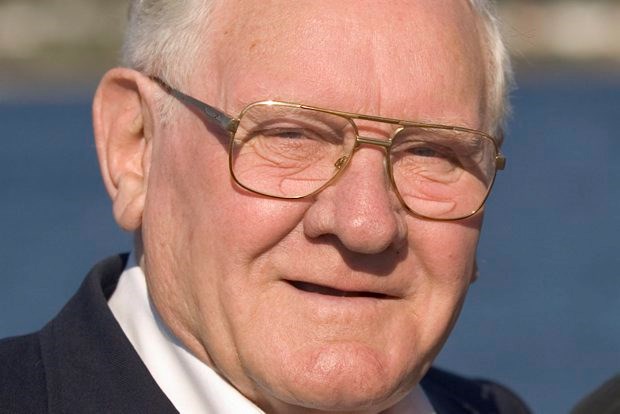I didn’t expect a comfortable Sunday column about two brilliant but now dead English soccer players to stir much interest on a snow-threatened Sunday afternoon on Vancouver Island.
I should have known better. Take any news event taking place anywhere in the world in the past 150 years, and it is a given that someone on the Island will have had a relative involved or, within the past 80 years, have been personally involved. When I paid humble tribute to former soccer superstars Sir Tom Finney and Sir Stanley Matthews last Sunday, the reaction was swift, friendly and from people who knew as much or more than I do about “the beautiful game” and two of its most famous players.
In my tribute to the pair of working-class kids who made it to the top in their chosen sport, I mentioned chatting with Matthews close to 70 years ago, just a couple of blokes walking home from work. And I made special reference to the 1953 Football Association Cup final between Bolton and Blackpool. It was named the “Matthews Final” because with Blackpool down 3-1 and time running out, Matthews, who had never won an FA Cup medal, took it upon himself to destroy the Bolton defence and lead his team from behind to a 4-3 victory.
Bill Gard wrote from Nanaimo: “Happy memories revived by your column … Lucky you to have met ‘Stan the Man.’ I was fortunate enough to see him play at Goodison Park [home of Everton] … also saw Tom Finney play there … Great players and gentlemen to boot … I can vividy remember where I was and who I as with to watch that memorable 1953 Cup Final on a wee black-and-white TV.”
There were half a dozen similar notes, all appreciated, and one standout soccer history piece from a well-known former player and coach in Victoria — Frank Grealy. I first met Frank in the 1960s when he was employed at city hall, and in his spare time over the years successfully coached several championship teams. That part of Frank’s soccer career was familiar to me — and to all soccer fans and players on Vancouver Island and the Lower Mainland.
What I didn’t know until I got his email was that his soccer experience began in Portsmouth, England, where players for “Pompey” became the favourites of a young lad with ambition to play professional soccer. He counted himself as blessed when he got to watch Matthews work his magic on the soccer pitch, but never dreamed he’d get to see him face-to-face in a game.
Frank played six or seven games for the Portsmouth “A” team, and was good enough to be told he was being assigned to the Reserve team at the start of the 1947-48 season. A year earlier, Frank had sought passage to Canada. He got the green light to go west at the same time as his promotion to the Reserves, one step from First 11 pro.
“I had to make a decision. It was to go to Canada. And I have never regretted it.” It didn’t take long for Frank to become involved in local soccer and win a place on an all-star team scheduled to play against an English select team, mainly players who had not been chosen to play for England in a world contest being held in the U.S. Matthews, deemed too old (35) to play for the top team, was one of the players taking the field at Royal Athletic Park. “I was inside right,” wrote Frank, “and of course he [Matthews] was on the right wing … I did not expect to come near him during the game … [but] he was all over the field and on two occasions I realized I was standing still, watching him with his moves and what he was doing with the ball … It was a game I shall never forget.” The final score at Athletic Park saw England win 3-2. Meanwhile, on the same day, the U.S. was defeating England’s top team 1-0.
Within hours of the game ending in Victoria, Matthews was on his way south, recalled to the team he had originally been told he was too old to play for. He was 50 when he played his last game.
During their brief stay in Victoria, the English team was entertained at the Empress. Frank was seated next to Matthews, “and it was a pleasure to meet him … he was so easy to talk to … I asked him what was the most enjoyable of his many experiences … and he said: ‘The association and contact with my teammates and players from other teams have become part of me and will remain for ever.’
“This stuck with me … from playing here in Victoria, coaching juveniles for 32 years and senior and top teams for 12 to 15 years, and winning a number of important games and trophies, the ‘association’ has been and remains the most important.”
Sir Stanley would be proud, and Victoria should be.
